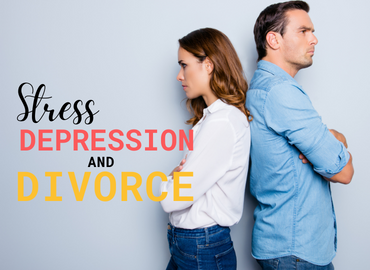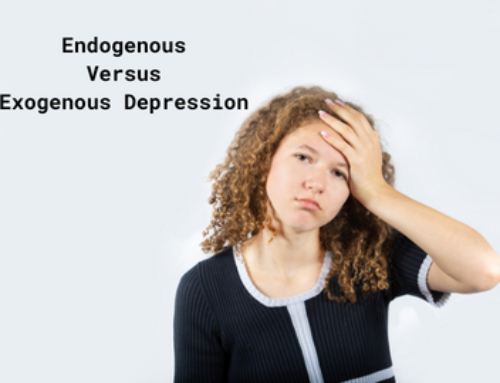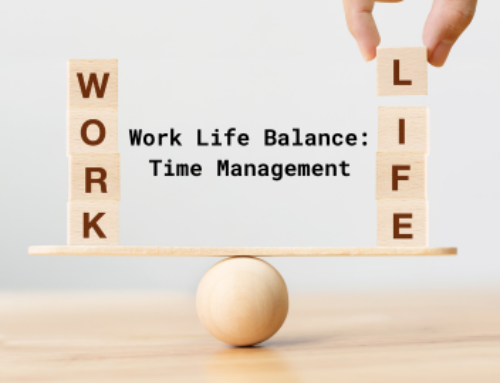Stress, Depression, and Divorce
Mixed Feelings
Rochester Holistic Psychiatry encounters many patients that have gone through a divorce, are currently divorcing, or are on the verge of divorce. Even if the split is not a hostile one, divorce can be intensely stressful on all parties. Each person will have their own cocktail of emotions. When the stress of a divorce is comorbid with a mental disorder, the effects can hit so much harder and make the situation that much worse.
Talk About It
Unfortunately, there is a social stigma attached to a strained marriage that can be strong enough to deter people from reaching out to their social circles and even from seeking therapy. Seeking help can be hard enough for one person, let alone two (usually two) unique individuals with their own internal lives and view of the other person.
A study published in Clinical Psychological Science, a publication by the Association for Psychological Science, notes that, “Divorce is associated with an increased risk of future depressive episodes but only for those who already have a history of depression.” Psychological scientist and lead researcher David Sbarra, University of Arizona, states in the report that, “Stressful life events like divorce are associated with significant risk for prolonged emotional distress, including clinically-significant depression.”
Mindsets and Behaviors
Some of the most notable factors concerning mental health’s role in divorce are:
− Poor anger management and outbursts. These can be associated with instability, accumulated anger held in for too long, or a reduced ability to hold impulses in check.
− Poor coping mechanisms, particularly addictive substances like alcohol and activities like gambling.
− Withdrawal from relationships and activities. The other partner may or may not know the nature of the sufferer’s problem.
− Strain from partners having to take on extra responsibilities.
− Fear and uncertainty about the future if they stay in the relationship.
− Unpredictability. Some disorders like BPD are known to cause mood swings; manic “ups” and despairing “downs.” Behavior can become reckless on either end of the spectrum.
Seeking Balance
Destigmatizing the role of mental health conditions in the context of divorce will go far toward encouraging couples where one or more are experiencing mental illness to seek help. If children are involved, great care must be taken to avoid harm to their psyches during their formative years.
Another reason to encourage separating partners to include mental health evaluation is that so many of the above situations can be associated with named disorders like major medical depression (MDD), anxiety, obsessive compulsive personality disorder (OCPD), and more.
Contact us on this page anytime, or call (585) 442-6960 for questions or to make an appointment.





